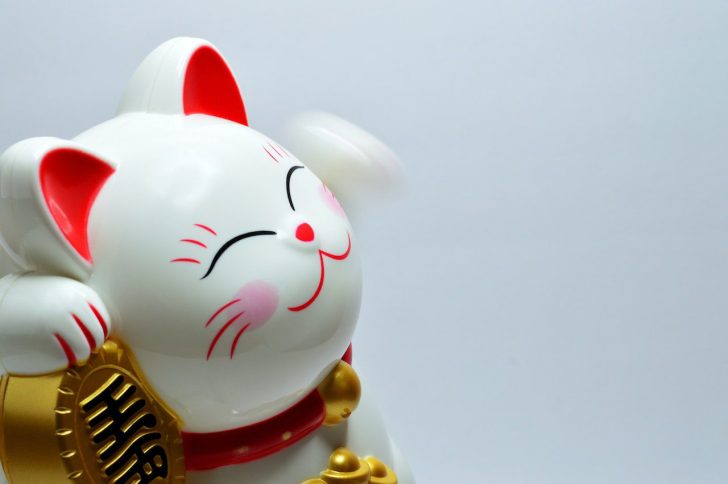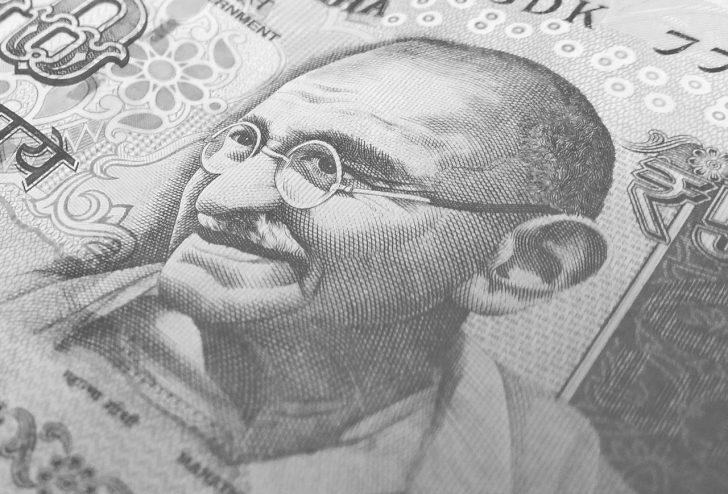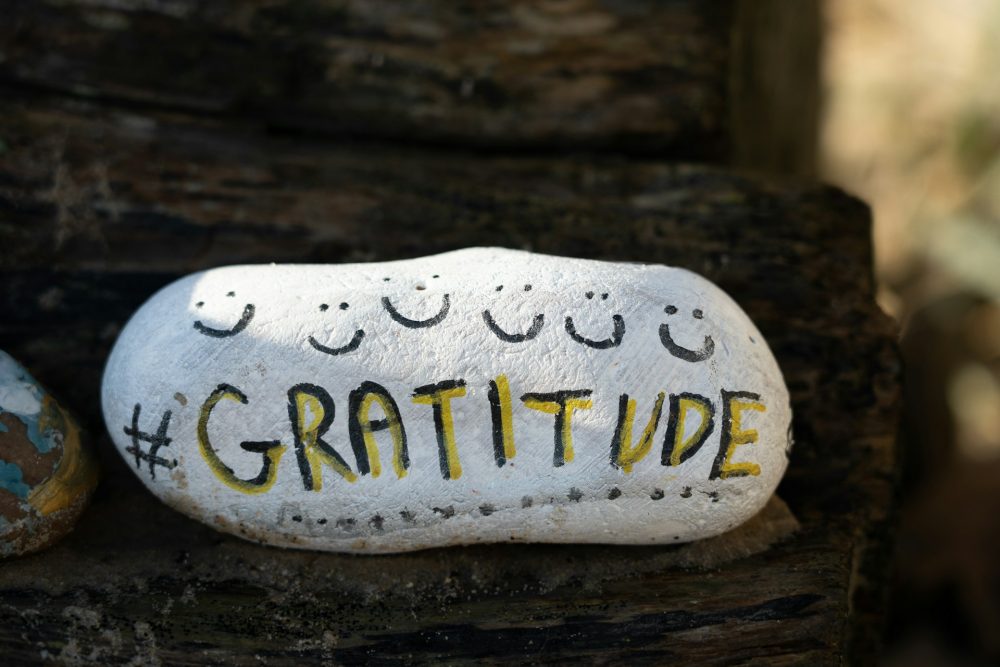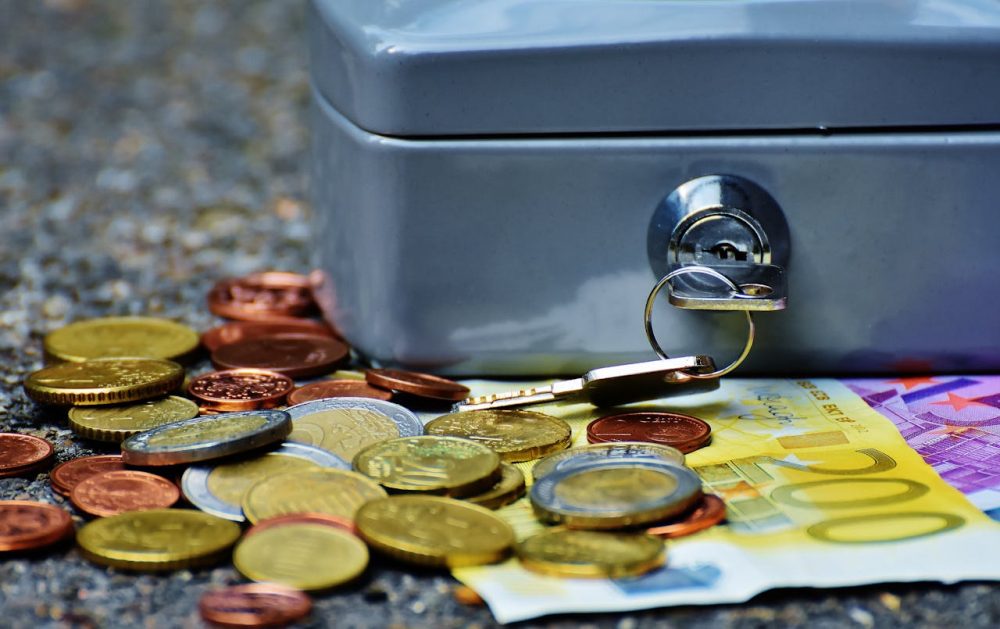The saying "you can't buy happiness with money" is one that we've all heard on more than one occasion. However, in reality, we all spend money, and for most of us, it is a finite resource. How can we spend our hard-earned money to make ourselves as happy as possible? Before making your next purchase, consider the beneficial insights from psychological studies about the relationship between wealth and happiness.
According to research
The best-known theory on this topic is that, yes, money can buy happiness - but only up to a point. This is based on research conducted in 2010 by Nobel laureates Daniel Kahneman and Angus Deaton, who discovered that emotional well-being increases with money. But the rise is logarithmic. In other words, a person's well-being improves slower and slower as their income rises. The evidence from Kahneman and Deaton also suggests that well-being stops escalating after income reaches roughly $75k.

Pexels/ Pixabay | Financial stability helps people escape the everyday hassles of life
The work "Experienced well-being rises with income, even above $75k per year" by Matthew Killingsworth (2021), which questions this finding, provides us with cause to believe that we should examine the relationship between money and happiness with one essential proviso. Here’s how you can buy happiness with money:
Being rich isn’t necessarily the path to happiness
Money is important to happiness. Ask anyone who doesn’t have it. Having a higher income, for example, can give us access to homes in safer neighborhoods, better health care and nutrition, fulfilling work, and more leisure time. However, this only works up to a certain point.

Miguel Á. Padriñán/ Pexels | The idea that money can reduce stress in everyday life and make people happier impacts not only the poor but also more affluent Americans living
Once our income reaches a certain level and our basic needs for food, health care, safety, and shelter are met, the positive effects of money, such as buying your dream home, are often offset by the negative effects, such as working longer hours, or in more stressful jobs, to maintain that income.
Buy experiences rather than things

Pexels/ Pixabay | Money can provide calm and control, allowing us to buy our way out of unforeseen bumps
Most people experience an initial rush of pleasure when they buy something, but as they adapt to the new possession, their joy declines to its prior level. Some people keep on buying things to perpetuate the thrill of new purchases and are continually disappointed; material purchases rarely generate long-term happiness.
Consider spending money on others
Most people think spending money on themselves will make them happier than spending it on others. Yet, when researchers assess happiness before and after people spend an annual bonus, people report greater happiness when they spend the bonus money on others or donate it to charity than when they spend it on themselves. This occurs regardless of how big the bonus is. One reason for this phenomenon is that giving to others makes us feel good about ourselves.






